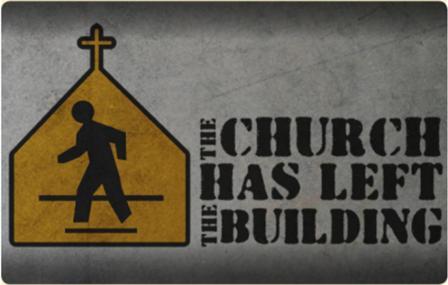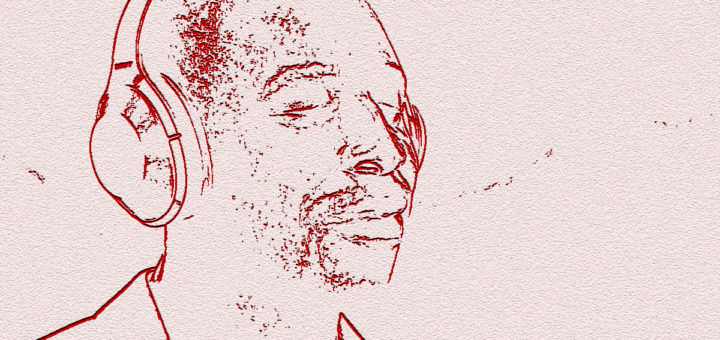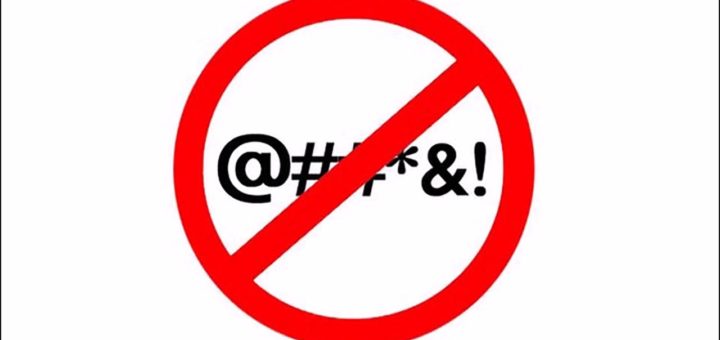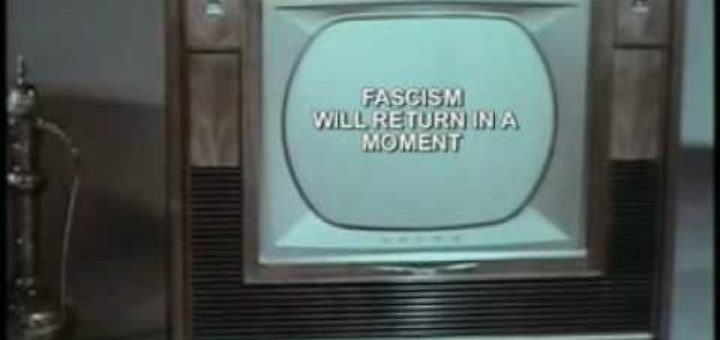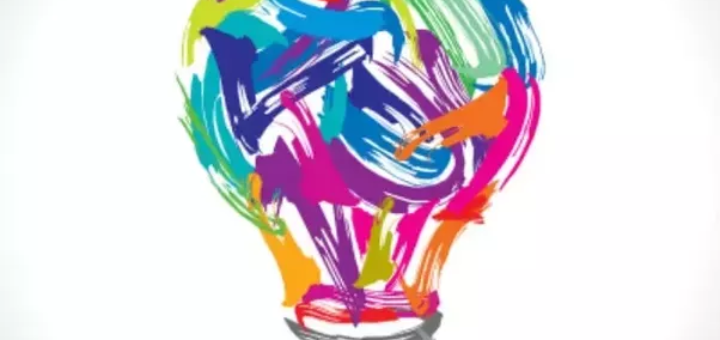CHURCH?
Church?I recently watched a BBC documentary entitled, “The Most Dangerous Man in Tudor England”. Fascinating stuff. Melvyn Bragg took us through the dramatic story of William Tyndale and the first English translation of the Bible.The story was not new …
